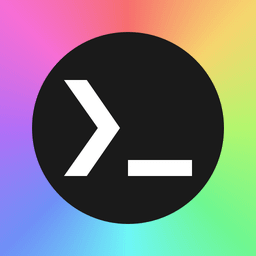

My phone still work’s perfectly fine, so I plan to keep using it for as long as I can & it won’t be getting any android os updates any time soon, so I think I’ll be fine. When my phone eventually does give up the ghost, I’ll deal with it then, but until that point, nova should keep working just fine for me…















I’ve been a user of nova for quite a while now, and over time it’s become something I don’t really think about. My setup is minimalist and nova has always blended into that seamlessly. It doesn’t demand attention; it just works, letting me use my phone the way I want. For me, as long as this phone keeps on working, nova will stay right where it is, simple, reliable, and exactly what I need. Even if this phone gives up the ghost, I’ll probably still consider using nova on whatever phone I get next…